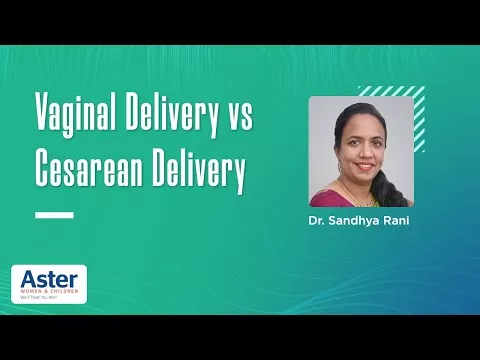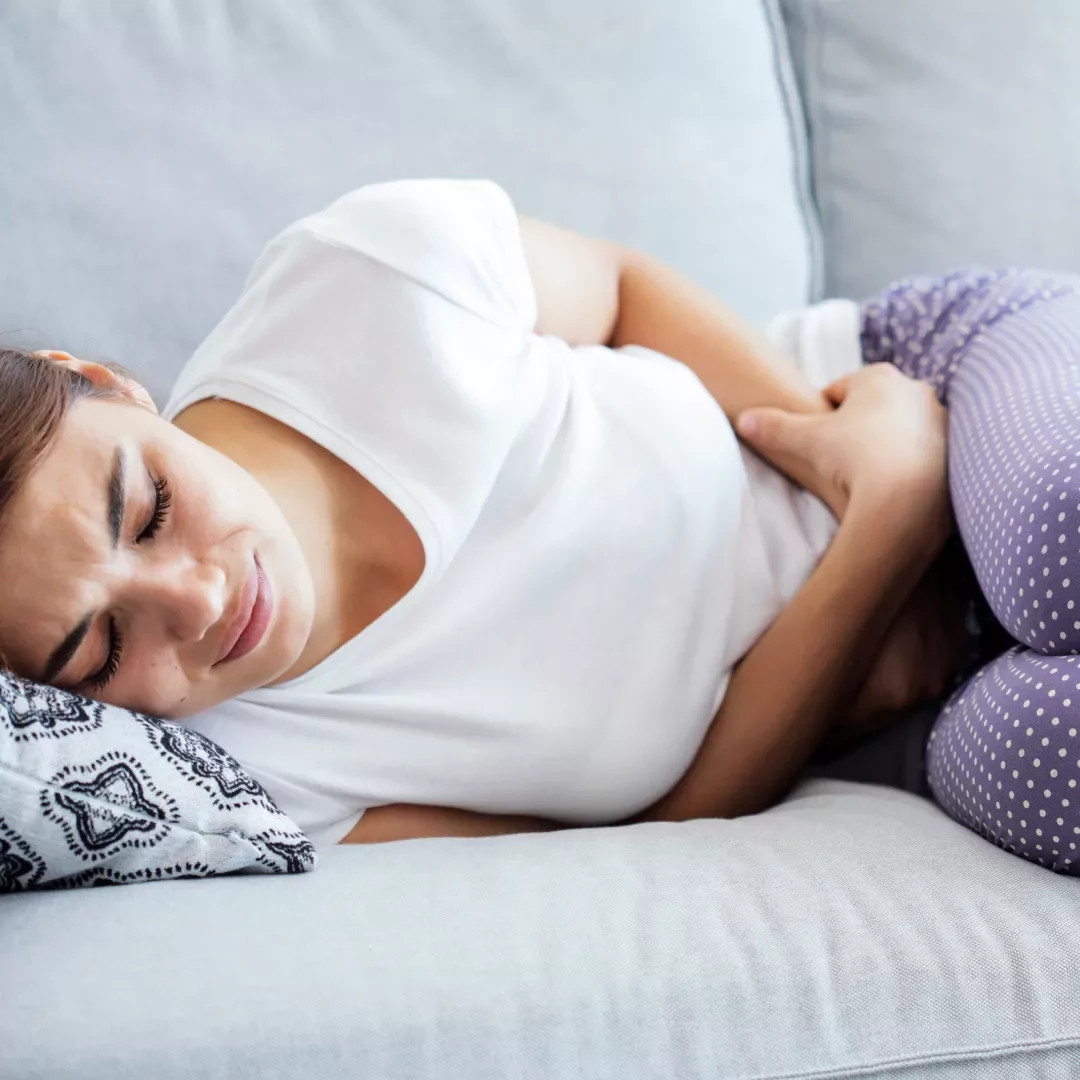Premenstrual Syndrome (PMS) is a set of symptoms that women may experience one to two weeks before their menstrual cycle. It might affect a woman on various levels, such as emotional, physical, or behavioural. It sets in before your periods and be gone once your period begins or shortly after that. Periods are an unavoidable part of life, yet there are treatments to control PMS if the symptoms are excruciating.
What is premenstrual syndrome?
Premenstrual syndrome is a prevalent condition. Research says that 3 out of 4 women experience some form of premenstrual syndrome. This condition is caused by hormones called Estrogen and Progesterone. But the scientists still do not have evidence to connect the two hormones and PMS. However, women who experience PMS and those who don't have the same amount of Estrogen and Progesterone in their blood. Women experiencing PMS are probably more sensitive to the changes in these hormones during the menstrual cycle.
These changes have a significant influence on the brain and nervous system. PMS is associated with mood swings and irritability as the hormones affect your body. Scientists think that during PMS, changes in hormones influence two important chemicals-- Serotonin and GABA.
Serotonin is essential for a lot of brain functions and also affects mood. At the microscopic level, Progesterone and Estrogen might change the amount of Serotonin available to shuttle messages between cells. Progesterone stimulates an enzyme that breaks down Serotonin, while Estrogen boosts serotonin by inhibiting the enzyme. So very little Serotonin is generated when the Progesterone level is high, and Estrogen is low. This causes food cravings, anxiety, fatigue, and depression.
GABA is important in regulating stress, alertness, and anxiety. In the ovaries and the brain, progesterone is broken down into Metabolites and Allopregnanolone (ALLO). ALLO helps to improve the ability of GABA receptors to regulate mood. Increased tolerance or reduction in ALLO are linked to higher stress and anxiety.
Symptoms of premenstrual syndrome:
Even though every woman experiences premenstrual syndrome differently, there are a few common mental and physical symptoms associated with premenstrual syndrome.
- PMS cramps
- Exhaustion
- Joint pain
- Bloating
- acne
- Disrupted sleep patterns
- Constipation
- Tender or swollen breasts
- Food cravings or appetite changes
However, the symptoms are not restricted to just these. In advanced cases, emotional symptoms indicate various forms like depression, anxiety, irritation, anger, excessive mood swings, and oversensitivity. Premenstrual syndrome diminishes postpartum and worsens as women age and approach menopause.
How to deal with premenstrual syndrome?
Approaching daily life differently can help you manage or lessen the symptoms of premenstrual syndrome. The following are some of the suggestions from our experts:
Change in lifestyle: Begin with eating smaller and more frequent meals. This may help reduce bloating and the feeling of being full. Choose calcium-rich foods. Avoid Caffeine and alcohol.To avoid bloating and fluid retention, you can also limit salt and salty foods. Include a good amount of fruits, vegetables, and whole grains, all excellent sources of complex carbs.
Regular Exercise: It is essential to do at least 30 minutes of brisk walking, swimming, jogging, cycling, or other activities. Body activity can help you ease symptoms like weariness depression and improve your overall health.
Stop Smoking: Research says that women who have the habit of smoking had intense PMS symptoms than women who did not smoke.
Reduce Stress: Mental health is an essential and integral part of health. To resolve sleeping problems, anxiety, headaches, it is good to practice deep-breathing exercises, progressive muscle relaxation, or yoga.
How to Diagnose Premenstrual syndrome?
No unique physical findings or lab tests exist to diagnose PMS physically. Our medical specialist may have you keep a diary of your symptoms or use a calendar to record your symptoms for at least two menstrual cycles to establish a premenstrual pattern.
If you have a family history of depression or mood swings, our medical specialist may identify the symptoms of PMS or another condition.
Treatment :
Changing one's lifestyle might help ease PMS symptoms for many women. However, depending on the severity of your symptoms, doctors may recommend one or more Premenstrual Syndrome drugs.
The effectiveness of drugs in alleviating symptoms varies from woman to woman. The following are some of the most commonly given medications for premenstrual syndrome:
- Antidepressants : Specific serotonin reuptake inhibitors (SSRIs) — which include: sertraline (Zoloft), fluoxetine (Prozac), paroxetine (Paxil, Pexeva), and others —are effective in reducing mood swings. For severe PMS or PMDD, SSRIs are the primary line of treatment. These drugs are usually taken daily. However, for some women with PMS, antidepressants may only be used for the two weeks before their menstrual cycle.
- Nonsteroidal anti-inflammatory drugs (NSAIDs) : NSAIDs like ibuprofen, naproxen sodium (Aleve) (Motrin IB, Advil, and others) can ease breast soreness and cramps.
- Diuretics : When a low-salt diet and exercise are enough to alleviate the weight gain, bloating, and oedema associated with PMS, Diuretics (water tablets) can assist your body to eliminate excess fluid. Spironolactone (Aldactone) is a diuretic that may help relieve premenstrual symptoms.
- Hormonal contraceptives : This medication works by preventing ovulation, which can help with PMS symptoms.
FAQs:
What are the conditions that mimic PMS?
Depression, thyroid disease, anxiety, chronic fatigue syndrome, irritable bowel syndrome etc., can be misinterpreted for PMS.
Can PMS make other conditions worse?
Symptoms like allergies, asthma, migraines, depression, anxiety and seizure can worsen right before your menstrual cycle.
Which doctor should I consult for PMS?
Gynaecologist ( Best Gynaecologist in Ernakulam, Kerala - Dr. S. Mayadevi Kurup )
Can PMS occur in non-menstruating women?
Yes. PMS can occur in women who have irregular menstruation and after hysterectomy.
How is PMDD different from PMS?
Premenstrual Dysphoric Disorder (PMDD) is more severe than PMS.











